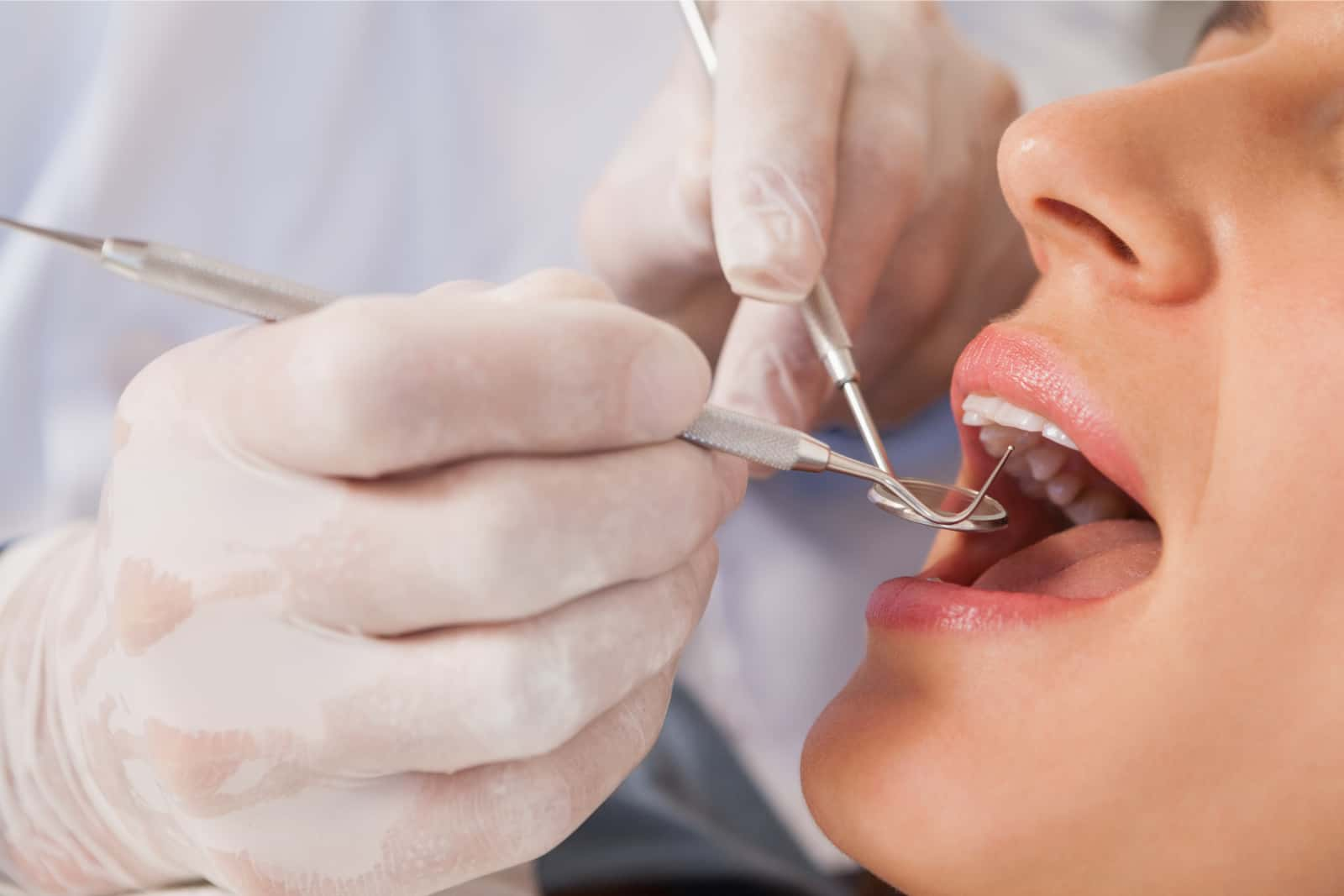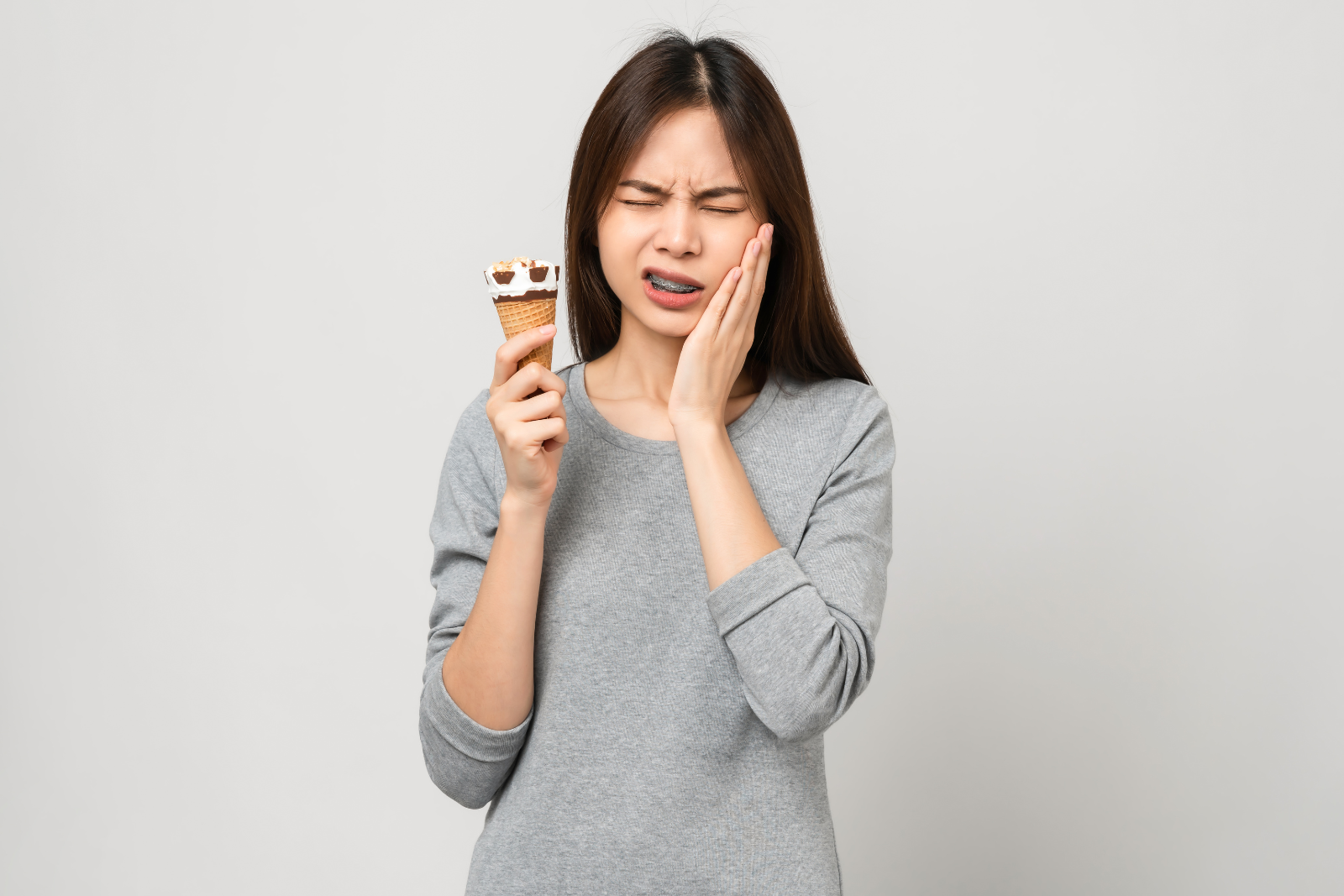TEETH - STRAIGHTENING TREATMENT
SERVICES
RESOURCES
SHOP
MEDICAL CERTIFICATIONS
Certifications ensuring safety, quality, and compliance with global standards.
Certifications ensuring safety, quality, and compliance with global standards.
If you’ve ever felt a sharp twinge when sipping cold water or brushing your teeth, you’re not alone. Tooth sensitivity is a common concern that affects many people and can range from mild discomfort to severe pain. The good news is that it’s often manageable with the right care.
In this guide, we’ll explore the common causes of tooth sensitivity, effective treatment options, and simple home remedies you can try to ease discomfort and protect your enamel.
Sensitive teeth usually happen when the protective enamel wears down or the gums recede, exposing the inner dentin. Some common causes include:
If your tooth hurts when drinking cold water, it may be due to one of these reasons.

If sensitivity is persistent, a dentist can recommend different dental sensitivity treatments, such as:
Your dentist will determine the best treatment based on what’s causing the problem.
If you’re wondering how to ease tooth sensitivity at home, the good news is that a few simple changes can make a noticeable difference. Consistent care and mindful habits can help protect your enamel and reduce discomfort over time.
While these home remedies may not bring instant results, consistent practice can gradually relieve sensitivity and protect your teeth in the long run.
If your teeth remain sensitive despite trying these tips, it may be time to get professional help. Conditions like cavities, cracked teeth, or gum disease require proper dental treatment rather than home cures.
Tooth sensitivity doesn’t have to hold you back from enjoying your favourite food and drinks. With the right treatments and preventive care, you can protect your teeth and reduce discomfort.
At Dr Clear Aligners, we go beyond straightening teeth. We care about your overall oral health. If your sensitive teeth are affecting your daily life, our dental team is here to help. Book your complimentary smile assessment or schedule an appointment at our clinic today and take the first step toward a healthier, pain-free smile.
Get a free consultation with your orthodontist today to explore your options and take the first step towards achieving the smile of your dreams. Your journey to a confident smile starts now!
Many parents wonder when the right time is to fix their child’s teeth. Should you wait until all adult teeth ...
16 February 2026
Brushing your teeth while wearing braces is a bit more challenging than brushing natural teeth alone, but it’s essential for ...
9 February 2026
Watching your child’s smile develop can be exciting, but it can also be a little concerning if you notice crooked ...
3 February 2026
As a parent, it’s natural to wonder when, or if, your child needs orthodontic treatment. Many parents assume braces or ...
29 January 2026
Dental Bridges in Malaysia: Types, Prices & Mouth Bridge Cost Missing teeth can affect more than just your appearance. They ...
26 January 2026

